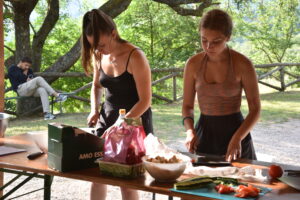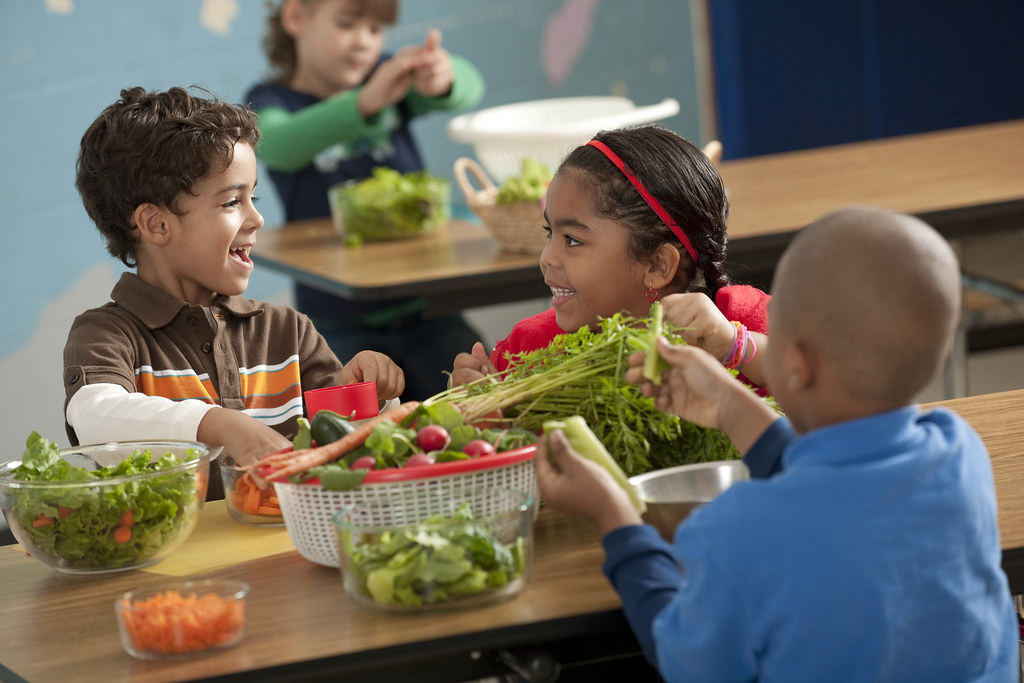The project offers a wide range of themes and activities to implement, which cover basic aspects. It is an interactive and entertaining program that can help engage young people, empowering them and involving them.
The project is designed to be developed within the framework of curricular primary education, as extra activities. It could be difficult for different organizations to enter into this framework due to various bureaucratic barriers.



